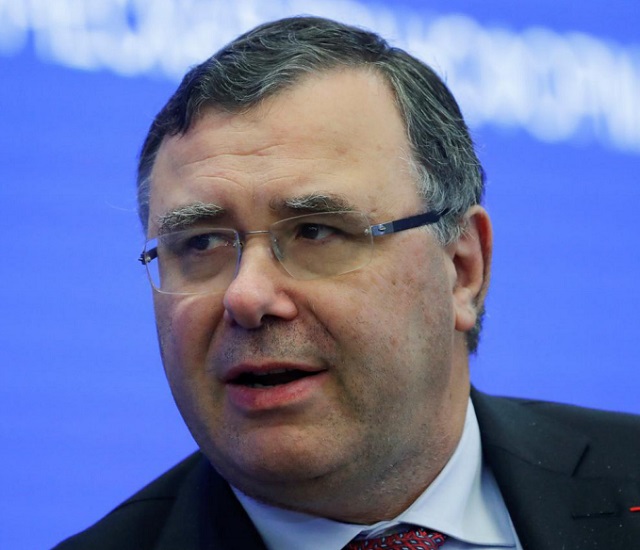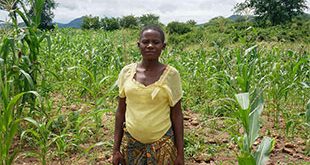
Uganda’s Oil still commercially viable
Meanwhile, Muhindo told The Independent that while TotalEnergies rebrand points to a focus on renewable energy; its change in name is not a big threat to Uganda’s oil commercialization project, at least in the short-medium term.
He says the timeline for closing the taps on oil and gas tie in with the lifespan of Uganda’s oil project—which is about 30 years from now—by which time the curtain on the global oil and gas industry is expected to be drawn.
“Uganda’s oil will certainly remain profitable. What is questionable is the profit margin amidst the focus on renewable energy,” Muhindo told The Independent.
“Total’s commitment to go ahead with the project in Uganda notwithstanding, their recent rebranding means that they see the capacity for Uganda’s oil to make money for them. The profit margin will not remain the same.”
“The automobile industry—the biggest consumers of oil are starting to go electric meaning that in a couple of decades, there will be less demand for gasoline and diesel because the cars are using electricity, so the demand cannot remain the same.”
For Dr. Nalule, whereas there are various efforts to embrace renewable energy and energy efficiency technologies in African countries, one cannot help but ask if it would be practical to advocate more for clean technologies.
She told The Independent that most African developing countries are undergoing urbanization and industrialization while the population growth is expected to increase. As such, these countries will require all the energy resources to not only tackle the existing energy access challenges but also to cope with the anticipated boom in industrialization, urbanization and population growth.
“If the world is to embrace the energy justice and transition principles, then it becomes essential that poor countries are not made poorer because of the global move to transition to a low carbon economy.”
Total’s commitment
TotalEnergies has recently faced off with several activists who have even asked French banks to reconsider funding the EACOP. But company insiders say the project remains on course to start up in 2024; reinforcing forecasts that oil will be needed for decades to come.
Shortly after the signing of the final oil commercialization agreements in Entebbe, in April this year, Pierre Jessua, the Total E&P Uganda General Manager noted that although Total’s investment strategy appears to be moving towards renewable energy, there is no contradiction.
“Total is transforming from an oil company to a multi-energy company and actually the company intends to change its name to TotalEnergies. Are we going to stop producing oil? No.” Jessua said at the media briefing in Kampala on April 13.
“We believe that the world still needs oil and Total is a good supplier of this oil with very good standards on the technical, social and environmental aspects of the business.”
“So we believe that Total is well-placed to continue to feed the market which still needs the oil. There is no contradiction; the world needs oil and we are going to produce oil from a country which is producing oil for the first time.”
Total E&P Uganda’s upstream boss Arnaud Breuillac said in March this year that Tilenga’s carbon footprint will be less than the average of its global upstream. Speaking in a CERAWeek IHS Markit panel, a global premier energy conference, Breuillac said Tilenga’s emissions will be about 13 kilogrammes of carbon dioxide per barrel of oil produced, below Total’s average project carbon intensity of about 20kg per barrel.
In 2020, TotalEnergies set out a three-stage plan to reduce emissions for energy products used by customers by 60%. It is also among the frontrunners in terms of renewable adoption and is forecast to outstrip some of the green energy industry’s biggest players by the end of the decade.
TotalEnergies’ objective includes reducing its direct emissions to net zero by 2050, in line with other IOCs such as BP, Shell and Equinor. It also intends to reduce the share of oil product sales from 50% in 2019 to 35% by 2030, with the share of gas rising from 40% to 50% over this period and electrons from 5% to 15%. The company aims to be among the world’s top five in renewable energies by 2030, with US$ 60bn in renewable projects to be financed over 10 years.
 The Independent Uganda: You get the Truth we Pay the Price
The Independent Uganda: You get the Truth we Pay the Price



